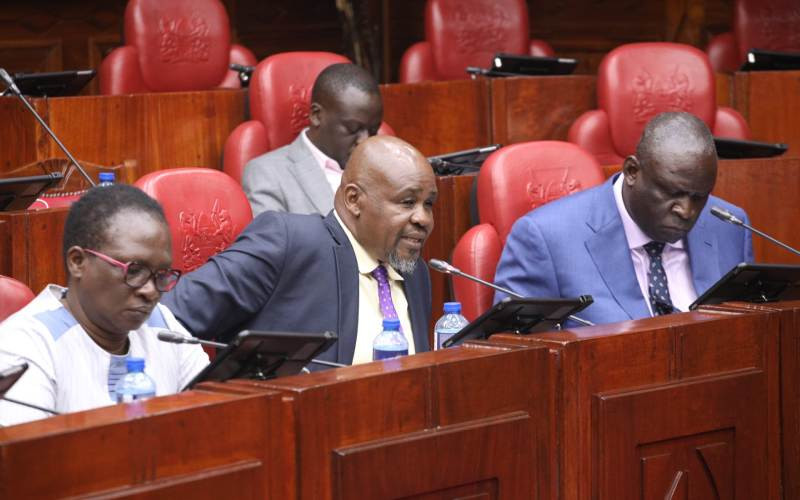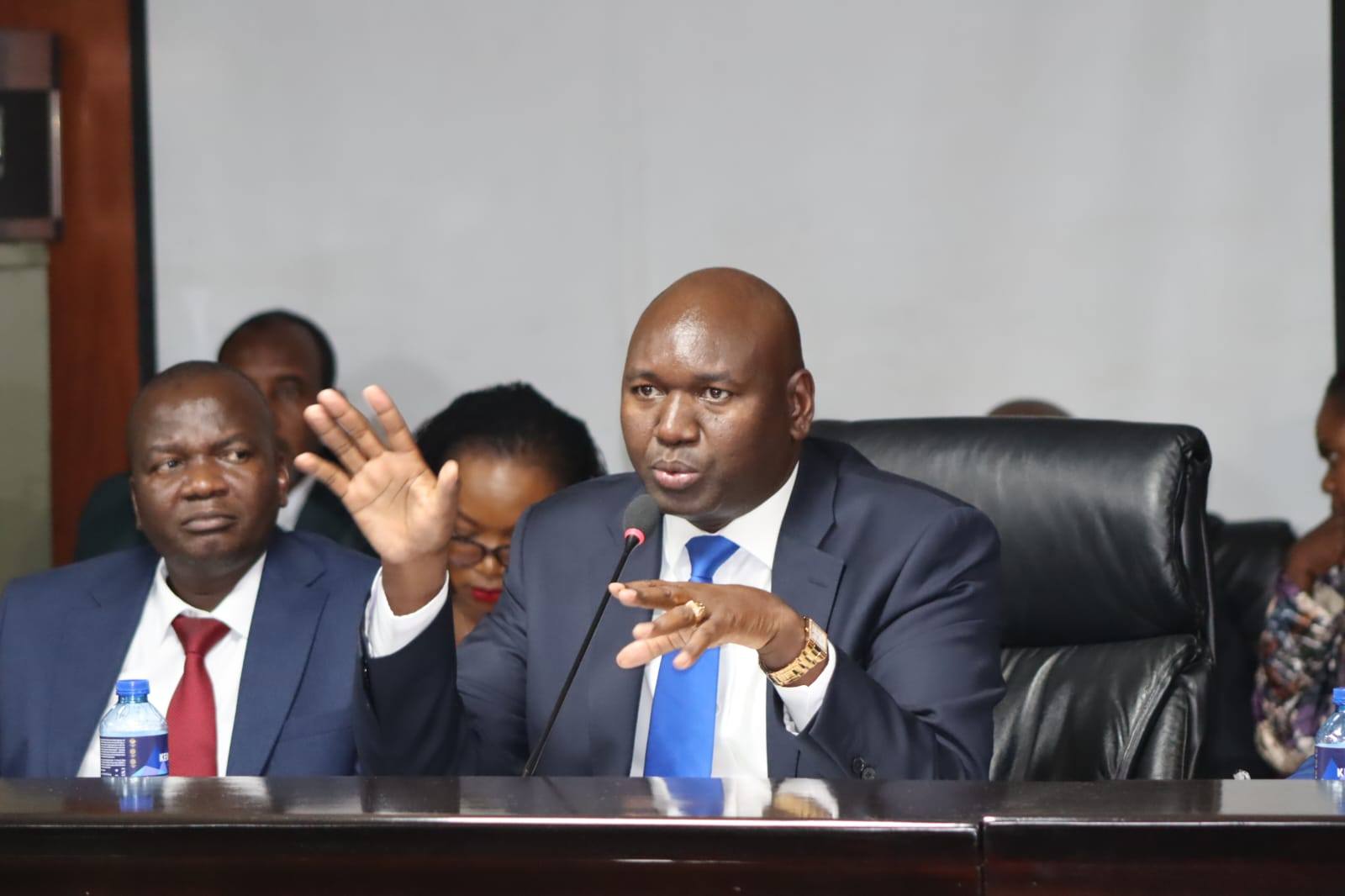The Kenya Union of Post Primary Education Teachers (KUPPET) is pushing Parliament to include a portfolio of new allowances for teachers into law, in a bid to safeguard teachers’ welfare and enhance professional motivation.
Appearing before the National Assembly’s Education Committee on Thursday, May 29, KUPPET tabled proposals to amend the Teachers Service Commission (TSC) Act, seeking the introduction of per diem for teachers on official duty away from their stations, risk allowance for science teachers handling hazardous chemicals, and a postgraduate allowance for those with Master’s or PhD qualifications.
The union also called for acting allowances to be granted automatically to teachers assigned administrative duties without formal appointments, and for prompt payment of transfer allowances within one month of deployment.
ALSO READ:
Educationists raise alarm over brain drain as Kenya grapples with soaring joblessness
“These proposed amendments are aimed at ensuring fairness and equity in remuneration by anchoring them in law rather than leaving them at the discretion of the employer,” KUPPET said in its submission to the committee.
The proposal emerged on Thursday as the committee deliberate on a bill to anchor all allowances in the teaching sector in law. The bill is sponsored by Haro Abdul Ebrahim, Mandera South MP.
KUPPET chairman Omboko Milemba told the MPs that anchoring allowances in the Act would compel the Commission to honor the legally binding structures.
Among the proposed allowances is a risk allowance for science teachers who regularly work with laboratory chemicals—hazards KUPPET says pose serious health risks.
The union also wants a postgraduate allowance to recognize and reward teachers who pursue higher academic qualifications, saying this would encourage professional development.
ALSO READ:
TSC, KUPPET officials meet MPs over Bill as 99,000 teachers continue in acting roles without pay
Additionally, the union is pushing for a subsistence allowance (per diem) for teachers assigned official duties away from their normal workstations, aligning with standard public service practice.
However, the TSC has pushed back against the proposals, arguing that codifying allowances in law is unnecessary since existing regulations already cover them.
The Commission warned that the proposed changes could limit its administrative flexibility and strain budgetary provisions.
However, the union insists that legal recognition would create enforceable rights and reduce disputes over teacher compensation.
By Brian Ndigo
You can also follow our social media pages on Twitter: Education News KE and Facebook: Education News Newspaper for timely updates.
>>> Click here to stay up-to-date with trending regional stories
>>> Click here to read more informed opinions on the country’s education landscape






